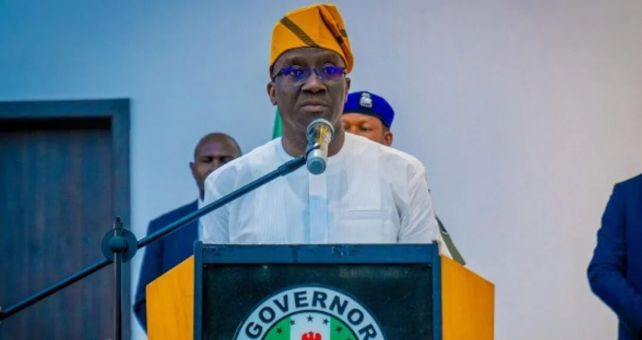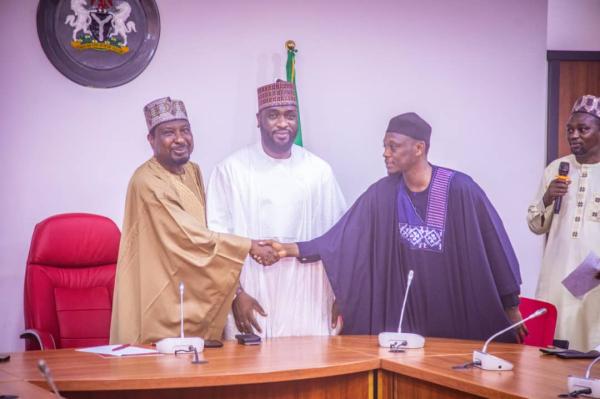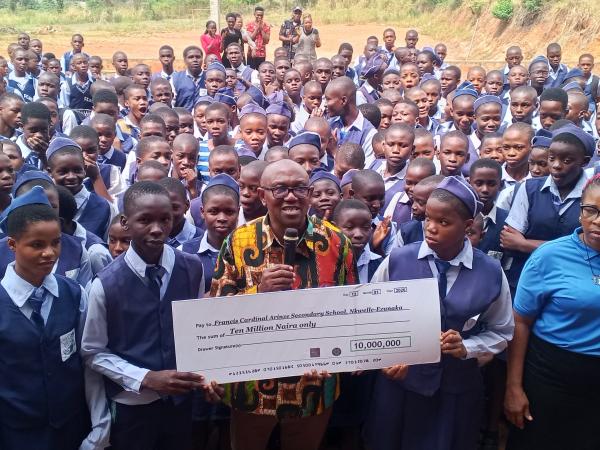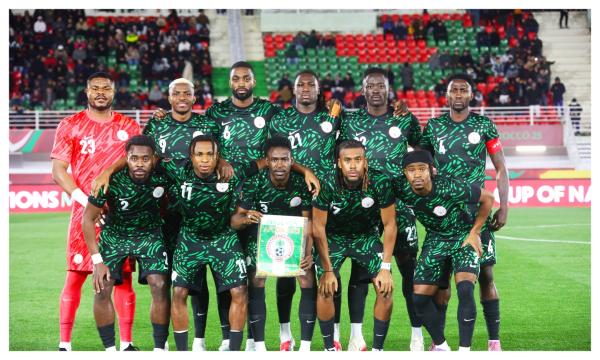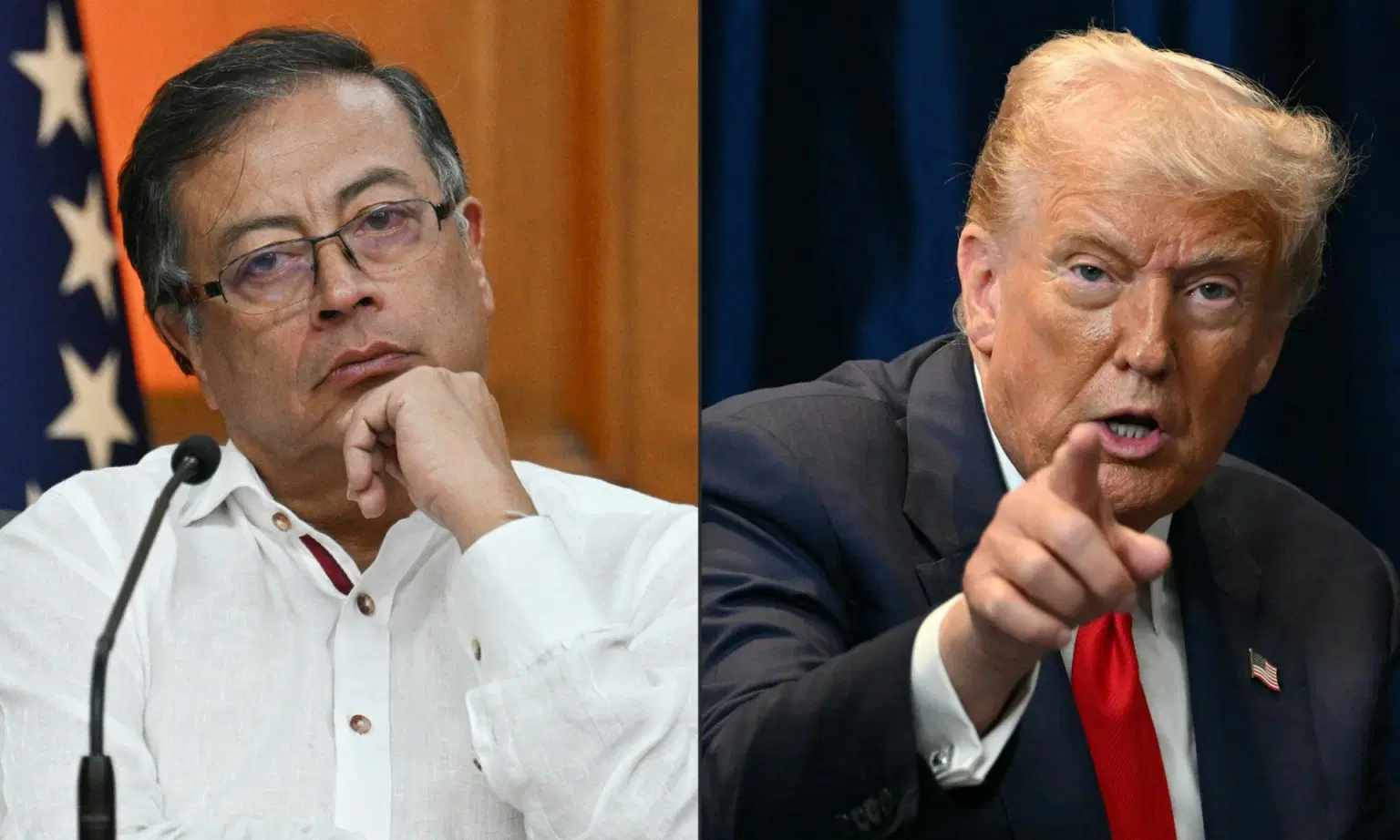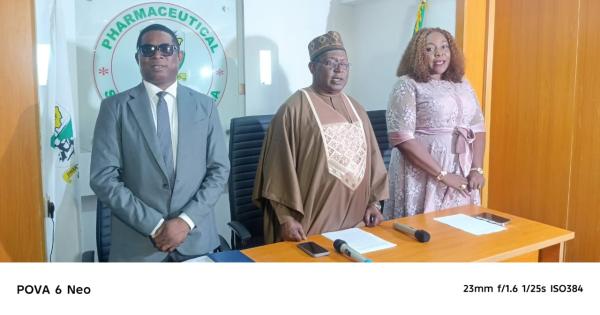
Pharm. Ayuba Tanko Ibrahim, the President of the Pharmaceutical Society of Nigeria (PSN) has reiterated the organization’s commitment to building a fair, future-ready health system while addressing longstanding inequities and reforms across the sector as they gears up for its 98th Annual National Conference, tagged "DABO 2025."
Speaking during a pre-conference media briefing held at the PSN National Secretariat, Anthony Village, Lagos on October 14, 2025, Pharm. Tanko outlined four major focus areas guiding the Society’s agenda: the ongoing Collective Bargaining Agreement (CBA) negotiations, the misnomer of Universities of Medicine/Medical Sciences, the PSN’s forthcoming centenary celebration, and preparations for the 98th Annual National Conference.
“We are preparing for greater things ahead,” Tanko said, “aligning registered pharmacists across community, industrial, academic, hospital, and administrative sectors for new and contemporary realities in healthcare delivery.”
Pharm. Tanko Ibrahim condemned the ongoing push to entrench a “relativity clause” between the Consolidated Health Salary Structure (CONHESS) and the Consolidated Medical Salary Structure (CONMESS), describing it as unfair, divisive, and contrary to established remuneration principles.
He explained that this proposal, if implemented, would deepen inequality in the health workforce by allowing physicians to earn up to 1.5 times more than other professionals on the same grade level — a practice he said “is alien to every known employment standard.”
“The PSN will resist any attempt to entrench such an immoral and unlawful policy,” he warned. “Our wages must be parity-based, not relativity-based. Otherwise, it becomes meaningless to study any other health course apart from Medicine.”
Tanko emphasized that the PSN, through JOHESU and AHPA, remains committed to fair negotiation with the Federal Government and will continue pushing for the recognition of new allowances for pharmacists covering scarce skill, extra work, and productivity.
He revealed that the PSN is gravely concerned about the exodus of pharmacists, noting that over 8,200 pharmacists have failed to renew their licenses in the past five years, many of whom have migrated abroad. “We cannot build a resilient health system when our pharmacists are leaving in droves,” he said. “Government must act decisively to retain these critical professionals.”
Tanko also called on the Federal Ministry of Health to enforce the Pharmacist Consultant Cadre, which has already been approved by the National Council on Establishments (NCE). He specifically urged Lagos State Governor Babajide Sanwo-Olu to honour his 2019 promise to reinstate the suspended circular on the cadre, describing it as a legacy worth fulfilling. “Governor Sanwo-Olu must be bold enough to be counted on the right side of history,” he said pointedly.
Addressing the growing number of “Universities of Medicine and Medical Sciences” across Nigeria, Pharm. Tanko described the trend as constitutionally discriminatory and professionally harmful.
He argued that branding universities after a single profession within the multidisciplinary health sector violates Section 42 of the 1999 Constitution, which prohibits discrimination among citizens.
“This practice relegates other health professions to a subordinate status and erodes confidence in the health system,” he said. “Medicine is not the only health science. It is one of many. By elevating one profession in nomenclature, others are made to feel inferior even before they graduate.”
He noted that Nigeria currently has over 275 universities, with 62 medical schools producing physician-provosts, while many newer universities are adopting similar discriminatory models. Tanko called on the Federal Government and professional regulators to correct this misnomer. “Pharmacists and other health workers must challenge this unlawful trend,” he said. “The future of our health system depends on equity and mutual respect among all professionals.”
Pharm. Tanko also announced that the Pharmaceutical Society of Nigeria will mark its 100th anniversary on March 26, 2027, making it one of the oldest and most enduring professional bodies in Nigeria. “Our centenary is not just a celebration of longevity,” he noted, “but a recognition of our contributions to national development and the advancement of pharmaceutical practice in Nigeria.”
He disclosed that a Centenary Committee, chaired by Past President, Pharm. Olumide Akintayo, has been inaugurated to coordinate national and international activities leading to the event.
“The celebrations will feature partnerships with the Federal and State Governments, donor agencies, pharmaceutical companies, and global health organizations,” Tanko added. “It will be a time to showcase pharmaceutical innovation and chart the next century of progress.”
Highlighting the significance of the upcoming 98th Annual National Conference, themed “Pharmacy Forward: Building a Future-ready Workforce for Performance, Collaboration, and Transformation,” Pharm. Tanko said the conference will gather policy makers, stakeholders, and industry leaders from across the nation.
The event, slated for November 3–8, 2025, at Bayero University, Kano, will feature seminars, townhall meetings, scientific expositions, and an annual general meeting.
“Our keynote speaker, Prof. Peace Chinedum Babalola, a renowned scholar and pharmaceutical chemist, will help set the tone for forward-thinking discussions,” Tanko said. “This conference is not just about reflection—it’s about transformation. We are charting a new course for the future of pharmacy practice in Nigeria.”
He assured that the PSN would continue to champion professionalism, collaboration, and reforms aimed at strengthening the healthcare system. “As we prepare for DABO 2025,” he concluded, “we are not only celebrating our profession—we are preparing for the next century of impact.”












